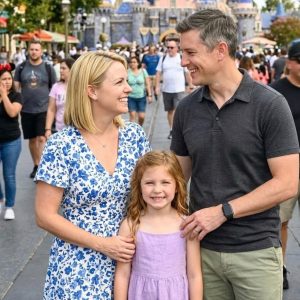Family is supposed to be forever—the people who know us best, love us most, and keep us steady when life gets loud. Yet there’s a quiet ache many parents come to recognize: the phone that doesn’t ring as often, visits that shrink to quick drop-ins, grandchildren who feel like polite strangers. The distance rarely appears overnight. It collects in small moments—a missed call here, a briefer visit there—until one day the space between parent and child feels wide and wordless. For parents, it’s heartbreaking. For adult children, it often feels like self-preservation.
Pulling away is rarely about malice. More often it’s years of tiny misunderstandings and repeated patterns that were never named out loud. Love hasn’t vanished; it’s just grown too heavy to carry the same way. What begins as caring questions can turn into critiques that sting. “Are you eating enough?” quietly morphs into “You’ve gained weight.” “Are you happy at work?” lands like “You should be doing better.” Parents mean concern; grown children hear a performance review. After a while, showing up starts to feel like showing proof, and they stop wanting to audition for approval.
Boundaries are another fault line. When an adult child says, “Please, let’s not discuss politics,” or “We’re trying a different parenting approach,” it isn’t rejection—it’s protection. But if the response is, “Don’t be so sensitive,” or “I’m your mother; I can say what I want,” the message received is simple: my comfort outranks yours. Respecting a boundary you don’t fully understand is often the first plank in rebuilding a bridge.
Then there’s the past, replayed on loop. Some families polish old stories like heirlooms, revisiting the same hurts, the same villains, the same conclusions. Adult children leave gatherings feeling dragged back into weather systems they never created. Distance becomes a way to step out of the storm. Healing asks for something different: a pause, a new script, a willingness to say, “I’m listening.”





